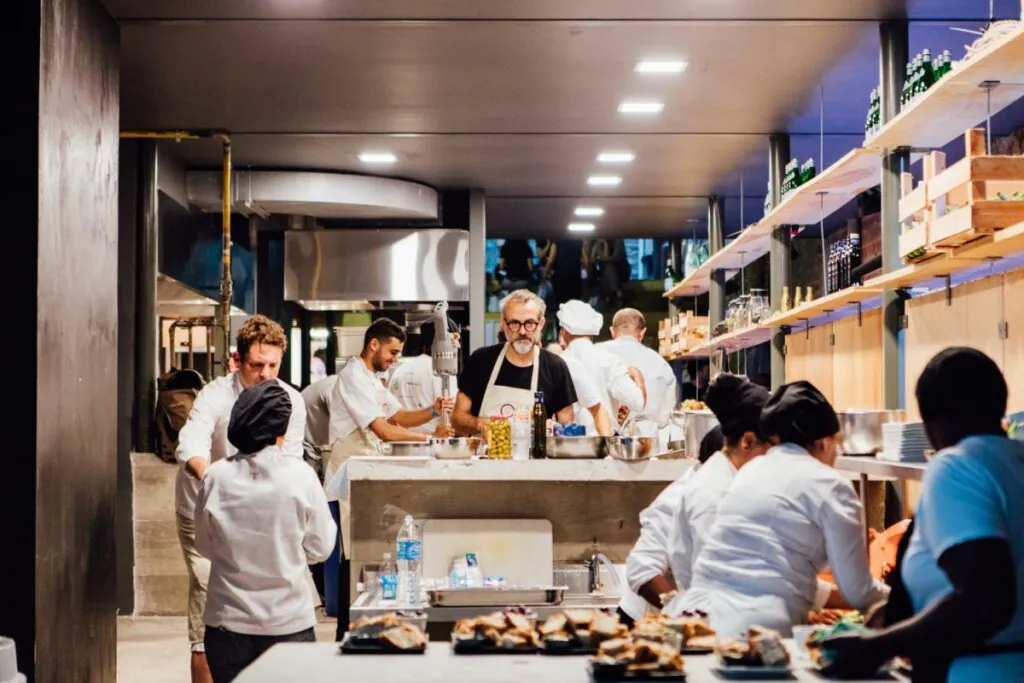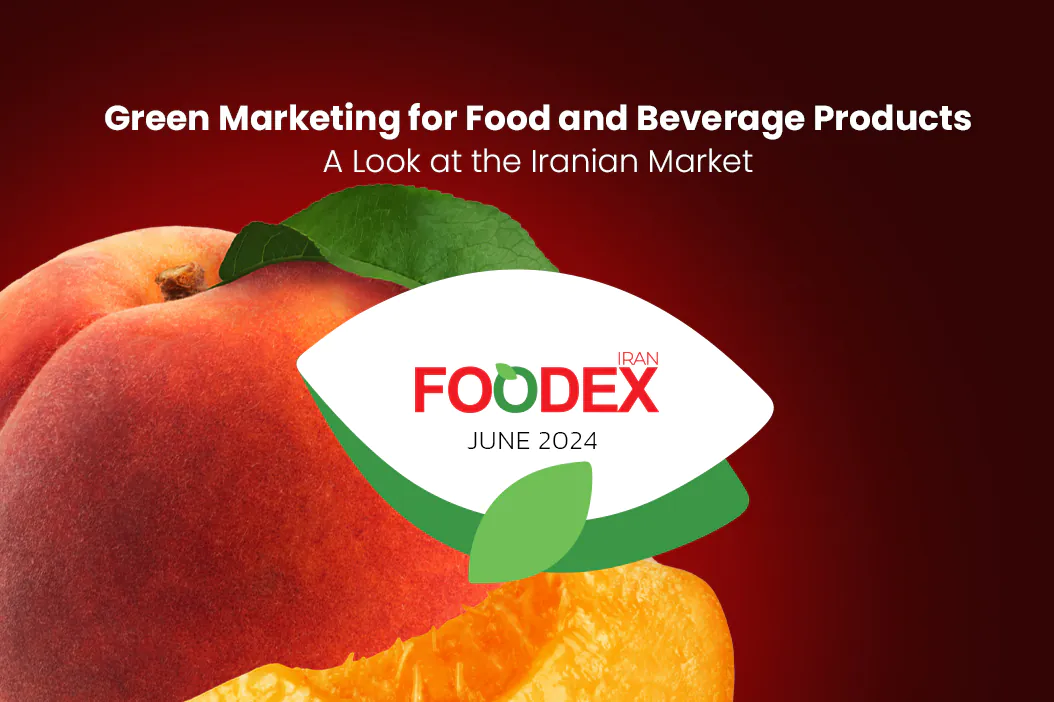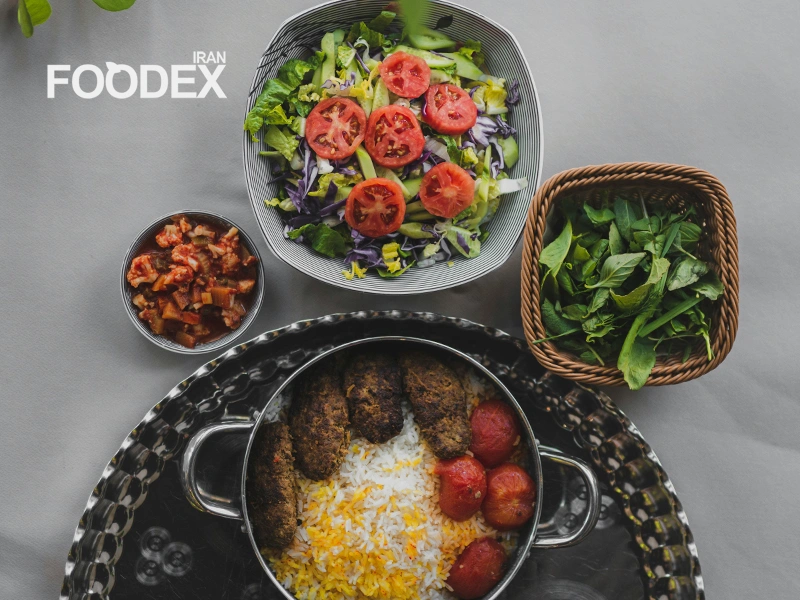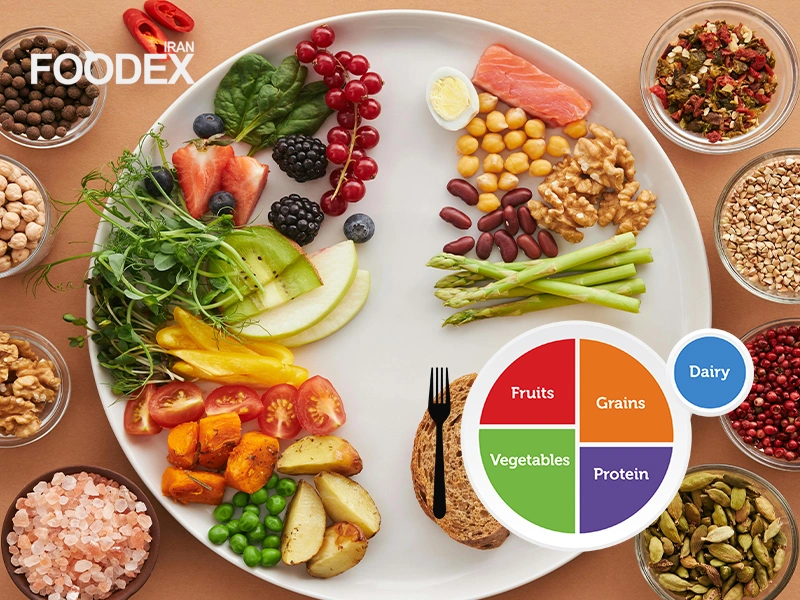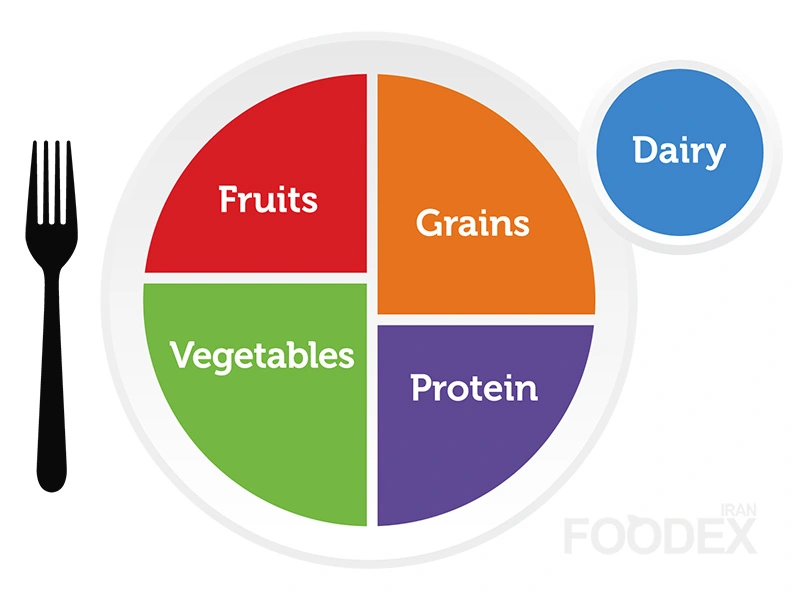Absolutely! Scaling up a food business can be an exciting but challenging endeavour. Here are some key ingredients for success:
- Solidify your product: Ensure that your food product is well-developed, unique, and meets the demands of your target market. Conduct market research, gather feedback, and continuously refine your recipes to deliver a high-quality product.
- Streamline operations: Optimizing your operations for efficiency is crucial as you scale. It includes improving production processes, supply chain management, and inventory control. Technology solutions can help automate and streamline these processes.
- Build a strong team: Surround yourself with a talented and dedicated team that shares your vision. Hire individuals with relevant experience in the food industry and provide them with proper training and support. A strong team will help drive growth and ensure smooth operations.
- Establish a strong brand: Develop a compelling brand identity that resonates with your target audience. It includes creating a memorable brand name, logo, packaging, and consistent messaging. Invest in marketing efforts to build brand awareness and loyalty.
- Expand distribution channels: Identify and explore various channels to reach a wider customer base. It may include partnering with retailers, wholesalers, or online platforms. Consider expanding into new domestic and international markets to grow your business further.
- Maintain quality control: As you scale, it’s crucial to maintain consistent quality across your products. Implement quality control measures, conduct regular inspections, and ensure compliance with food safety regulations. Consistency in taste, texture, and presentation is key to retaining customer trust.
- Listen to customer feedback: Actively seek feedback from your customers and use it to improve your products and services. Engage with your customers through social media, surveys, or focus groups to understand their preferences and adapt accordingly.
Remember, scaling a food business requires careful planning, adaptability, and continuous improvement. It’s important to monitor market trends, stay ahead of the competition, and remain committed to delivering exceptional products and experiences.
Formula Scale-up
Certainly! Formula scale-up refers to increasing the production volume of a product formula or recipe. It is often done when a company wants to expand its manufacturing capabilities to meet higher demand or enter new markets.
Here are some key steps involved in formula scale-up:
- Recipe Evaluation: Evaluate the existing formula or recipe to ensure it is suitable for scale-up. Consider ingredients availability, cost, and compatibility with larger production equipment.
- Ingredient Sourcing: Identify reliable suppliers for the ingredients needed in larger quantities. Ensure that the quality and specifications of the ingredients meet your requirements.
- Equipment and Facility Assessment: Assess your current production equipment and facility to determine if they can handle the increased production volume. Invest in additional or upgraded equipment to accommodate the larger scale if necessary.
- Process Optimization: Optimize the production process to ensure efficiency and consistency at the larger scale. It may involve adjusting mixing times, temperatures, or other parameters to maintain product quality.
- Pilot Testing: Conduct small-scale pilot tests to validate the scaled-up formula and production process. It allows you to identify potential issues or adjustments needed before full-scale production.
- Production Monitoring: Implement a robust monitoring system to track the production process and ensure quality control at a larger scale. Regularly test and analyze samples to verify that the product meets the desired specifications.
- Regulatory Compliance: Ensure that your scaled-up formula complies with all relevant regulations and standards in the target markets. It may involve obtaining necessary certifications or approvals.
Remember, formula scale-up can be a complex process, so planning and executing it carefully is important. Consider consulting with experts or conductingfeasibility studies to ensure a successful transition to larger-scale production.
Process and Equipment Scale-up
Process and equipment scale-up refers to increasing the size or capacity of a manufacturing process or equipment from a smaller scale to a larger one. It is often done to meet growing demand, improve efficiency, or accommodate larger production volumes.
The scale-up process typically involves several steps:
- Evaluation and Planning: This step involves assessing the feasibility of scaling up the process or equipment. Factors such as market demand, cost analysis, technical requirements, and regulatory considerations are considered. A detailed plan is developed to guide the scale-up process.
- Design and Engineering: In this step, the design and engineering of the scaled-up process or equipment are developed. It may involve modifications to the existing design or the development of a new design. Engineering calculations, simulations, and prototypes may be used to ensure the feasibility and efficiency of the scaled-up version.
- Testing and Validation: Once the design is finalized, testing and validation are conducted to ensure that the scaled-up process or equipment performs as expected. It may involve running pilot tests or small-scale trials to identify potential issues or improvement areas.
- Implementation and Optimization: The scaled-up process or equipment is implemented in the production environment after successful testing and validation. It may involve modifications to the existing infrastructure, new equipment installation, and personnel training. Continuous monitoring and optimization are carried out to ensure smooth operation and maximize efficiency.
It is important to consider factors such as safety, quality control, and regulatory compliance throughout the scale-up process. Collaboration between different departments, such as engineering, production, and quality assurance, is crucial to ensure a successful scale-up.
Batch versus Continuous Processing
Batch and continuous processing are two approaches used in manufacturing and production processes. Here’s a brief explanation of each:
- Batch Processing: Production is divided into distinct groups or batches in batch processing. Each batch goes through the entire production process as a separate entity. The equipment and resources are dedicated to processing one batch at a time. Once a batch is completed, the equipment is cleaned and prepared for the next batch. This approach is commonly used in industries where products can be produced in discrete quantities, such as food processing, pharmaceuticals, and chemical manufacturing.
- Continuous Processing: Continuous processing, on the other hand, involves a non-stop, uninterrupted flow of materials and production. The production process operates continuously, with a constant input of raw materials and a continuous output of finished products. This approach is often used in industries where products can be produced continuously, such as oil refining, power generation, and paper manufacturing.
The choice between batch and continuous processing depends on various factors, including the nature of the product, production volume, equipment capabilities, and cost considerations. Batch processing allows for flexibility in handling different products and variations in production, while continuous processing offers higher efficiency and productivity due to its uninterrupted flow.
It’s important to carefully evaluate your production process’s specific requirements and constraints to determine which approach is most suitable for your business.

